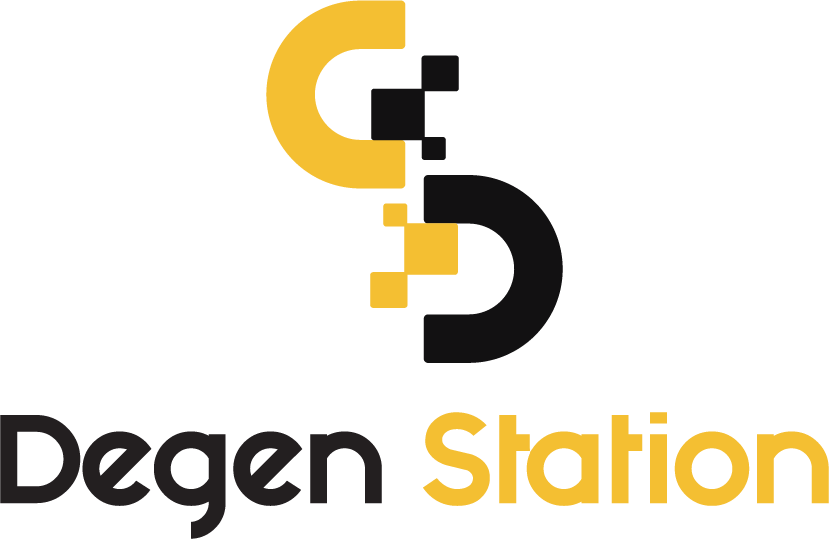Ethereum Client Diversity Falls Below Danger Threshold

The distribution share of Geth, the dominant execution client on the Ethereum network, has fallen below a critical threshold.

Ethereum Client Diversity Falls Below Danger Threshold
According to the latest data from Client Diversity, Geth's share of the Ethereum network has dropped to 63% and has remained at this level for the past week. This is a significant improvement for the Ethereum network, which previously saw Geth's usage peak at 84%. Maintaining a share below 2/3 of the network is crucial for Ethereum’s decentralization.
When I last posted about client diversity, Geth had an ~84% super majority over Ethereum client distribution.
— cygaar (@0xCygaar) April 28, 2024
We've since dropped to ~63%, which is below the critical 2/3 threshold (would've caused finalization of an invalid chain).
Great work by the validators that switched. pic.twitter.com/Noi805XJKf
Efforts and Concerns
Previously, the Ethereum community was highly concerned about Geth's dominance. A minor bug in Geth could have caused significant operational issues for validators using the software, potentially stalling the entire network.
This milestone is a result of the Client Diversity initiative, driven by key opinion leaders (KOLs) and individual validators (Solo Stakers) who have been advocating for a more diverse client ecosystem on social media. However, the push for client diversity has faced challenges due to the inefficiency of alternative software. Solutions like Besu and Nethermind have also encountered bugs, causing economic losses for validators using these clients.
Network Decentralization and Staking Distribution
In addition to client diversity, another critical aspect of Ethereum's decentralization is the distribution of staking power. Notably, Lido's share of staking has dropped below 30% for the first time in a long period. This decrease does not indicate a weakening of Lido’s solution; in fact, Lido has welcomed its 1 millionth validator on its network.
1 million validators pic.twitter.com/fELATWQPIu
— Lido (@LidoFinance) April 29, 2024
The Ongoing Challenge
The challenge for the Ethereum ecosystem remains: how to expand and develop rapidly while ensuring a safe level of decentralization. It is crucial to prevent any single organization from gaining too much control, which could pose significant risks to the network's stability and security.





